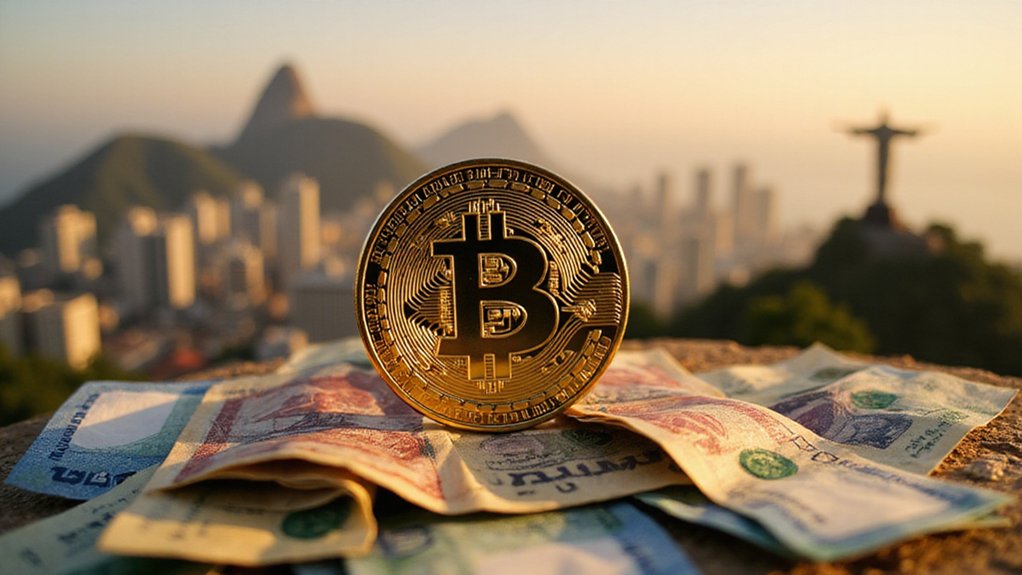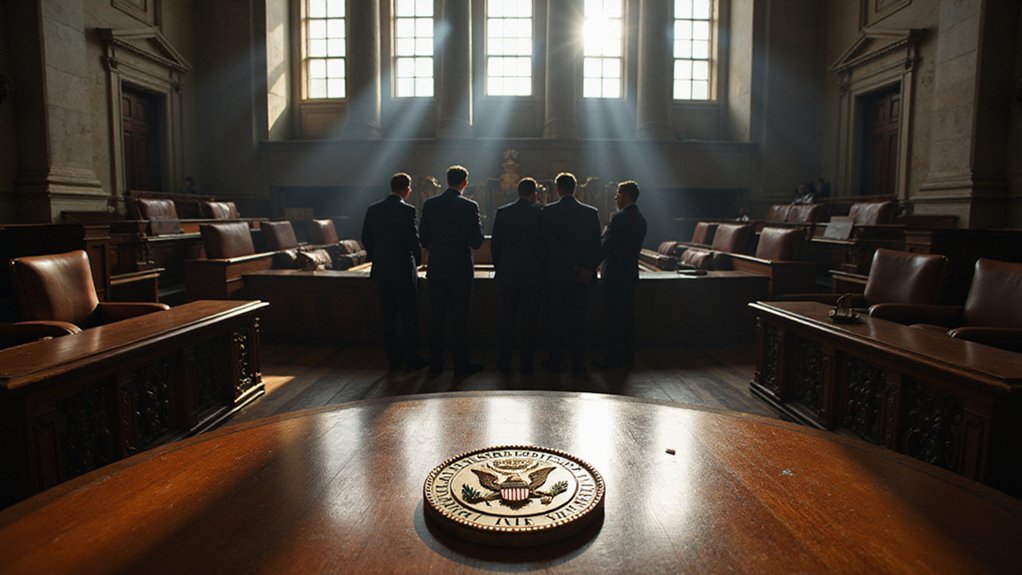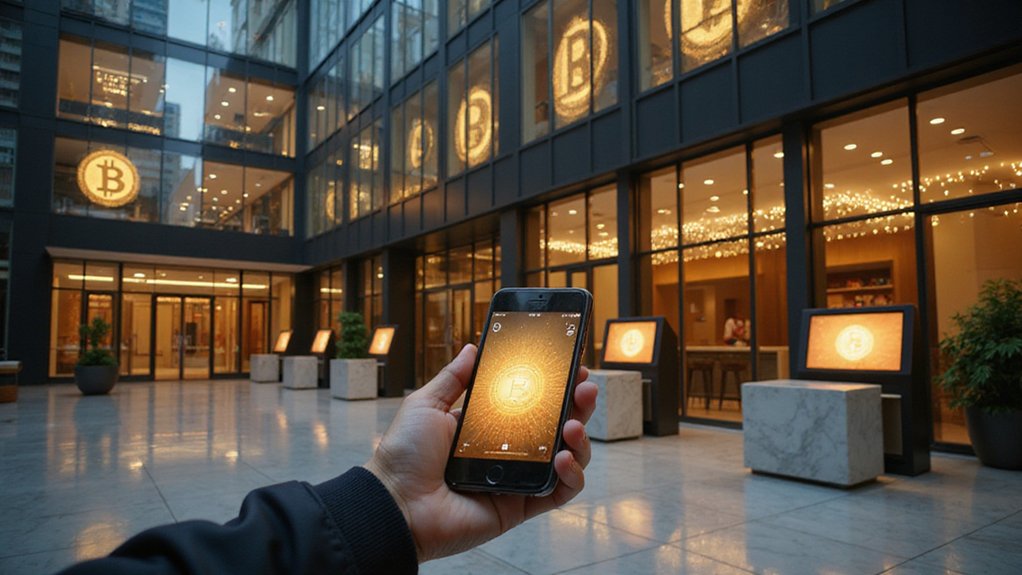While most nations content themselves with the predictable tedium of holding gold bars and foreign currencies in their sovereign reserves, Brazil has decided to contemplate something rather more adventurous: allocating up to 5% of its $300-341 billion in foreign exchange reserves to Bitcoin.
Bill 4.501/2024, introduced in November 2024 by Deputy Eros Biondini, proposes creating a Sovereign Strategic Reserve of Bitcoin—a move that would transform the world’s ninth-largest economy into Bitcoin’s most enthusiastic governmental patron. The $15-17 billion allocation would dwarf the holdings of current crypto-embracing nations like El Salvador and Bhutan, positioning Brazil as the world’s largest sovereign Bitcoin holder.
Brazil’s proposed $15-17 billion Bitcoin reserve would eclipse all existing sovereign crypto holdings, establishing unprecedented institutional cryptocurrency adoption.
The proposal will face public scrutiny during an August 20, 2025 hearing in Brasília’s Chamber of Deputies, where representatives from the Central Bank, Ministry of Finance, and various fintech organizations will debate whether digital assets belong alongside Brazil’s more conventional reserve holdings. Deputy Luiz Philippe de Orleans e Bragança, the hearing’s convener, supports this digital diversification strategy.
Proponents frame Bitcoin as “digital gold”—a hedge against currency fluctuations and geopolitical uncertainties that plague traditional reserves. The logic suggests that Bitcoin’s volatility, while notorious, might prove less problematic than prolonged exposure to dollar and euro instability.
Brazil’s 2023 regulatory framework, which granted the Central Bank authority over virtual asset service providers while empowering the Securities and Exchange Commission to oversee crypto securities, provides legal infrastructure for such institutional adoption. Bitcoin’s sufficient decentralization has helped it avoid classification as a security under traditional regulatory frameworks, potentially simplifying its integration into institutional reserves. The country has already established itself as a regional crypto leader by approving spot cryptocurrency ETFs ahead of most nations in the Americas.
Critics within financial circles express predictable concerns about incorporating volatile crypto assets into official reserves—a sentiment that reflects broader institutional wariness toward Bitcoin’s mercurial nature. Yet government officials, including the Vice President’s chief of staff, have endorsed Bitcoin as essential for economic prosperity.
The hearing represents more than academic debate; it marks Brazil’s first official consideration of integrating Bitcoin into state reserves. Should the proposal advance, Brazil would signal unprecedented institutional confidence in cryptocurrency while potentially inspiring similar moves among emerging economies seeking alternatives to traditional reserve management.
The decision ultimately hinges on whether Brazil’s lawmakers view Bitcoin’s revolutionary potential as worth its inherent risks.





